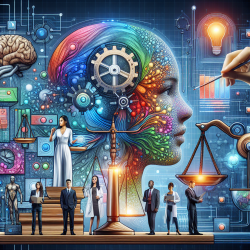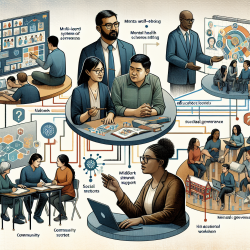The rapid advancement of artificial intelligence (AI) presents both opportunities and challenges across various sectors. As practitioners in the field, it is crucial to not only embrace these technological advancements but also ensure they are implemented responsibly. A recent systematic review titled "A Systematic Review of Artificial Intelligence Impact Assessments" sheds light on how practitioners can improve their skills by leveraging the insights from this research.
Understanding AI Impact Assessments (AI-IAs)
AI-IAs are tools designed to evaluate the potential positive and negative impacts of AI systems. They serve as a means to stimulate reflection and discussion concerning the social and ethical consequences of AI ecosystems. The systematic review analyzed 38 actual AI-IAs to understand their purpose, scope, organizational context, expected issues, timeframe, process and methods, transparency, and challenges.
Key Insights for Practitioners
- Purpose and Scope: Practitioners should understand that the primary purpose of AI-IAs is to safeguard benefits while mitigating risks associated with AI systems. The scope often includes assessing technical aspects, application domains, and specific uses that might pose ethical or social concerns.
- Organizational Context: Integrating AI-IAs into existing organizational processes such as risk management or due diligence can enhance their effectiveness. Practitioners should advocate for embedding these assessments within broader governance frameworks.
- Process and Methods: A structured process involving stakeholder engagement is crucial. Practitioners should ensure that diverse stakeholder perspectives are included to address potential biases and ensure comprehensive assessments.
- Transparency: Transparency is key to building trust in AI systems. Practitioners should prioritize clear communication about the AI system's decision-making processes and limitations.
The Role of Practitioners in Implementing AI-IAs
Practitioners play a pivotal role in implementing effective AI-IAs by fostering a culture of ethical responsibility within their organizations. This involves not only conducting thorough assessments but also advocating for continuous learning and adaptation as new challenges arise.
Encouraging Further Research
The field of AI-IAs is still evolving, with many open questions remaining about their implementation and effectiveness. Practitioners are encouraged to engage in further research to refine these assessments and contribute to developing robust frameworks that ensure responsible AI use.
To read the original research paper, please follow this link: A systematic review of artificial intelligence impact assessments.










